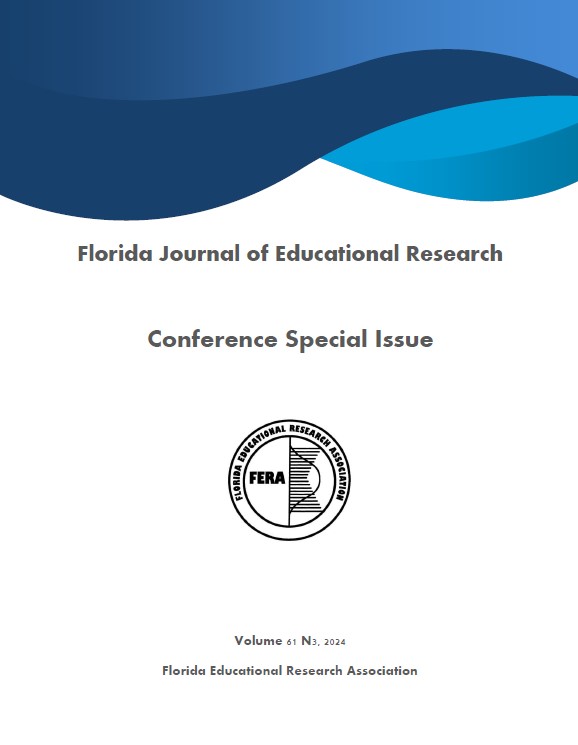Growth Trajectories in Florida’s Mathematics Scores Among Virtual School Students
DOI:
https://doi.org/10.62798/JBHK3308Keywords:
K-12, virtual school, online learning, pandemic, learning loss, math achievement, COVID-19, academic achievement, learning continuity, prospective cohort designAbstract
This study examines the growth trajectories of math scores among full-time virtual school students in Florida before and after the COVID-19 pandemic. Amidst the reported decline in academic achievement across the United States, students familiar with online learning demonstrated higher math achievement. The study highlights the performance of students with disabilities (SWDs) in comparison with students without disabilities in the sample to determine whether their math achievement differed from national trends. The full-time virtual school student sample maintained higher math achievement than those reported by in-person schools. Findings also reveal that while virtual SWDs had lower baseline math scores, their growth trajectories were consistent with their peers. Results indicate virtual schooling models maintain learning continuity during disruptions and emphasize the need for effective online instruction and support for diverse learning needs.





